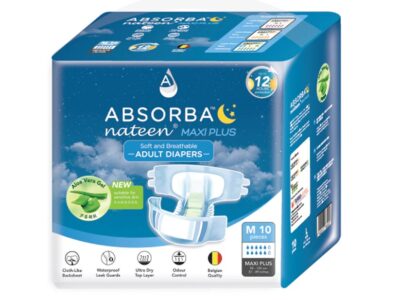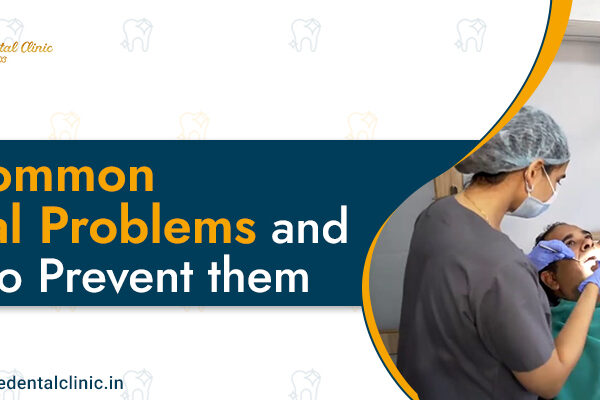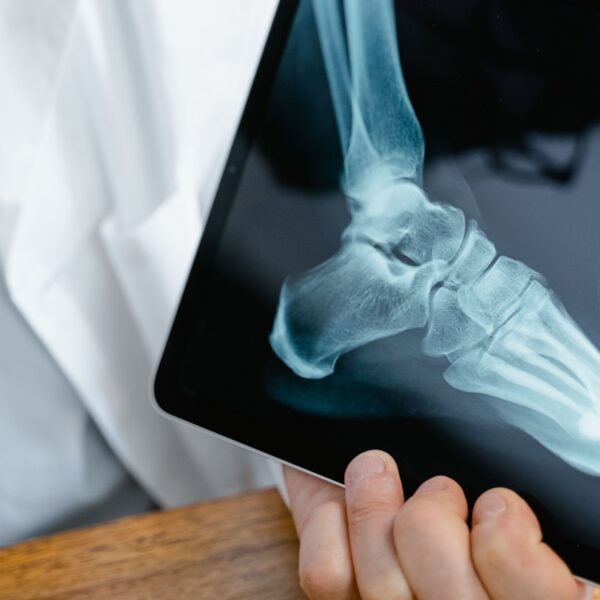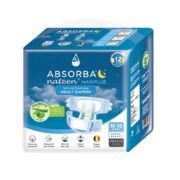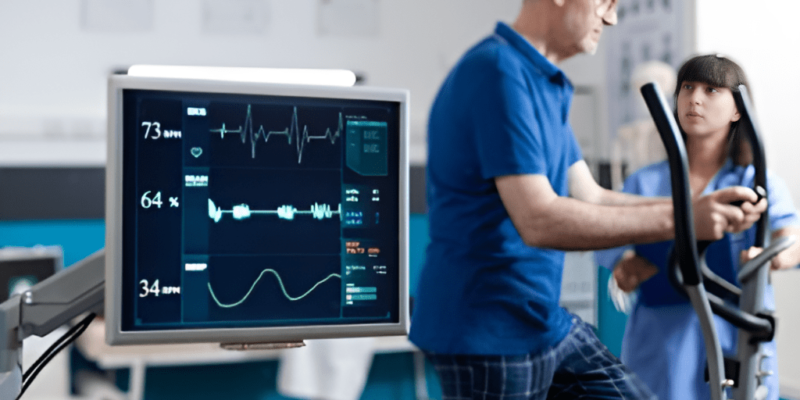
Kidney stones are a common and painful condition affecting millions of people in the USA each year. These hard mineral and salt deposits form in the kidneys and can cause significant discomfort as they pass through the urinary tract. At Absoluteucare, we are committed to helping our patients prevent and manage kidney stones effectively. This comprehensive guide covers the essential aspects of kidney stone prevention and treatment.
Understanding Kidney Stones
Kidney stones form when certain substances in urine, such as calcium, oxalate, and uric acid, become highly concentrated and crystallize. Factors contributing to kidney stone formation include dehydration, diet, genetics, and certain medical conditions. Recognizing the symptoms and understanding the causes are crucial for prevention and effective treatment.
Symptoms of Kidney Stones
- Severe Pain: Sudden, intense pain in the back, side, lower abdomen, or groin.
- Blood in Urine: Pink, red, or brown urine indicating the presence of blood.
- Frequent Urination: An increased need to urinate, often with discomfort.
- Nausea and Vomiting: Associated with severe pain and the body’s response to discomfort.
- Fever and Chills: Indicating a possible infection if accompanied by other symptoms.
Prevention of Kidney Stones
1. Stay Hydrated
One of the most effective ways to prevent kidney stones is to drink plenty of water. Staying hydrated dilutes the substances in urine that can lead to stones. Aim for at least 8-10 glasses of water a day. At Absoluteucare, we recommend carrying a water bottle to ensure you stay hydrated throughout the day.
2. Dietary Changes
Certain foods can increase the risk of kidney stones. Limit intake of high-oxalate foods like spinach, beets, nuts, and chocolate. Reducing salt and animal protein in your diet can also help prevent stone formation. Instead, focus on a diet rich in fruits, vegetables, whole grains, and low-fat dairy.
3. Monitor Calcium Intake
While calcium is essential for bone health, excessive intake can contribute to kidney stones. However, it’s important to get calcium from food rather than supplements. Discuss your calcium needs with a healthcare provider at Absoluteucare to ensure you maintain the right balance.
4. Limit Sugary and Caffeinated Beverages
Sugary drinks and caffeine can increase the risk of kidney stones. Opt for water or herbal teas instead. Reducing consumption of sodas and energy drinks can significantly lower your risk.
5. Maintain a Healthy Weight
Obesity is a risk factor for kidney stones. Achieving and maintaining a healthy weight through a balanced diet and regular exercise can reduce your risk. Absoluteucare offers personalized weight management programs to help you reach your health goals.
Treatment of Kidney Stones
1. Pain Management
Managing pain is a primary concern when dealing with kidney stones. Over-the-counter pain relievers like ibuprofen or acetaminophen can help alleviate discomfort. For severe pain, prescription medications may be necessary.
2. Hydration
Drinking plenty of fluids helps flush out the stones from your urinary tract. Aim to drink enough water to produce clear or light-coloured urine.
3. Medications
Certain medications can help pass kidney stones or prevent their formation. Alpha-blockers can relax the muscles in your ureter, making it easier to pass stones. Your healthcare provider at Absoluteucare can prescribe the appropriate medications based on your specific condition.
4. Medical Procedures
For larger stones that cannot pass on their own, medical intervention may be required. Procedures include:
- Extracorporeal Shock Wave Lithotripsy (ESWL): Uses sound waves to break stones into smaller pieces that can be passed more easily.
- Ureteroscopy: Involves a thin tube inserted into the urethra to remove or break up stones.
- Percutaneous Nephrolithotomy: Surgical removal of larger stones through a small incision in the back.
Kidney stones can be a painful and recurring problem, but with proper prevention and treatment strategies, you can reduce your risk and manage the condition effectively. At Absoluteucare, we are dedicated to providing comprehensive care and personalized treatment plans for our patients. By staying hydrated, making dietary changes, and seeking appropriate medical care, you can take control of your kidney health. If you experience symptoms of kidney stones or need guidance on prevention, contact Absoluteucare for expert advice and support.
Kidney stones are a common and painful condition affecting millions of people in the USA each year. These hard mineral and salt deposits form in the kidneys and can cause significant discomfort as they pass through the urinary tract. At Absoluteucare, we are committed to helping our patients prevent and manage kidney stones effectively. This comprehensive guide covers the essential aspects of kidney stone prevention and treatment.
Understanding Kidney Stones
Kidney stones form when certain substances in urine, such as calcium, oxalate, and uric acid, become highly concentrated and crystallize. Factors contributing to kidney stone formation include dehydration, diet, genetics, and certain medical conditions. Recognizing the symptoms and understanding the causes are crucial for prevention and effective treatment.
Symptoms of Kidney Stones
- Severe Pain: Sudden, intense pain in the back, side, lower abdomen, or groin.
- Blood in Urine: Pink, red, or brown urine indicating the presence of blood.
- Frequent Urination: An increased need to urinate, often with discomfort.
- Nausea and Vomiting: Associated with severe pain and the body’s response to discomfort.
- Fever and Chills: Indicating a possible infection if accompanied by other symptoms.
Prevention of Kidney Stones
1. Stay Hydrated
One of the most effective ways to prevent kidney stones is to drink plenty of water. Staying hydrated dilutes the substances in urine that can lead to stones. Aim for at least 8-10 glasses of water a day. At Absoluteucare, we recommend carrying a water bottle to ensure you stay hydrated throughout the day.
2. Dietary Changes
Certain foods can increase the risk of kidney stones. Limit intake of high-oxalate foods like spinach, beets, nuts, and chocolate. Reducing salt and animal protein in your diet can also help prevent stone formation. Instead, focus on a diet rich in fruits, vegetables, whole grains, and low-fat dairy.
3. Monitor Calcium Intake
While calcium is essential for bone health, excessive intake can contribute to kidney stones. However, it’s important to get calcium from food rather than supplements. Discuss your calcium needs with a healthcare provider at Absoluteucare to ensure you maintain the right balance.
4. Limit Sugary and Caffeinated Beverages
Sugary drinks and caffeine can increase the risk of kidney stones. Opt for water or herbal teas instead. Reducing consumption of sodas and energy drinks can significantly lower your risk.
5. Maintain a Healthy Weight
Obesity is a risk factor for kidney stones. Achieving and maintaining a healthy weight through a balanced diet and regular exercise can reduce your risk. Absoluteucare offers personalized weight management programs to help you reach your health goals.
Treatment of Kidney Stones
1. Pain Management
Managing pain is a primary concern when dealing with kidney stones. Over-the-counter pain relievers like ibuprofen or acetaminophen can help alleviate discomfort. For severe pain, prescription medications may be necessary.
2. Hydration
Drinking plenty of fluids helps flush out the stones from your urinary tract. Aim to drink enough water to produce clear or light-coloured urine.
3. Medications
Certain medications can help pass kidney stones or prevent their formation. Alpha-blockers can relax the muscles in your ureter, making it easier to pass stones. Your healthcare provider at Absoluteucare can prescribe the appropriate medications based on your specific condition.
4. Medical Procedures
For larger stones that cannot pass on their own, medical intervention may be required. Procedures include:
- Extracorporeal Shock Wave Lithotripsy (ESWL): Uses sound waves to break stones into smaller pieces that can be passed more easily.
- Ureteroscopy: Involves a thin tube inserted into the urethra to remove or break up stones.
- Percutaneous Nephrolithotomy: Surgical removal of larger stones through a small incision in the back.
Kidney stones can be a painful and recurring problem, but with proper prevention and treatment strategies, you can reduce your risk and manage the condition effectively. At Absoluteucare, we are dedicated to providing comprehensive care and personalized treatment plans for our patients. By staying hydrated, making dietary changes, and seeking appropriate medical care, you can take control of your kidney health. If you experience symptoms of kidney stones or need guidance on prevention, contact Absoluteucare for expert advice and support.
